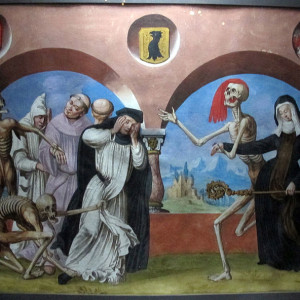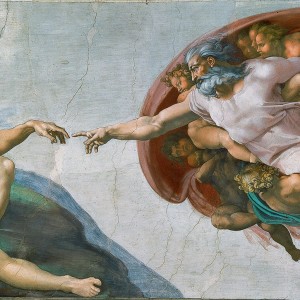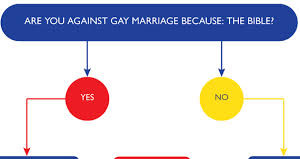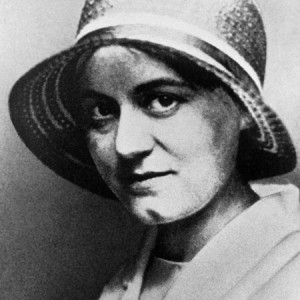Four questions routinely arise about the Church’s view of the possibility of salvation for those outside of Her ranks:
1. Is Baptism necessary for salvation?
2. Are all of the non-baptized damned?
3. If the non-baptized can be saved, why share the Gospel?
4. Has the Catholic Church changed her answer to these prior three questions?
To understand how the Church can simultaneously hold that Baptism is necessary for salvation and that those can be saved who have never been Baptized, we’ve got to consider two things: how to get to Heaven, and how to get to Hell.








